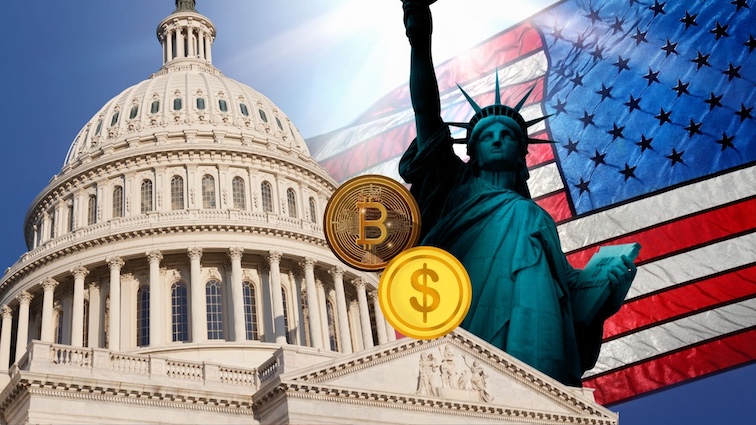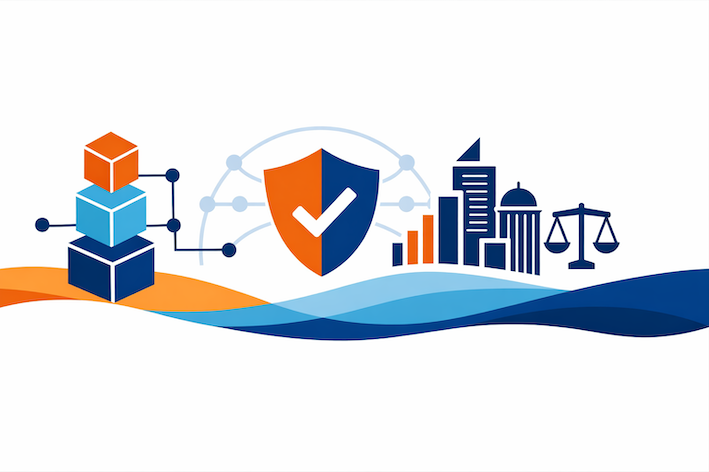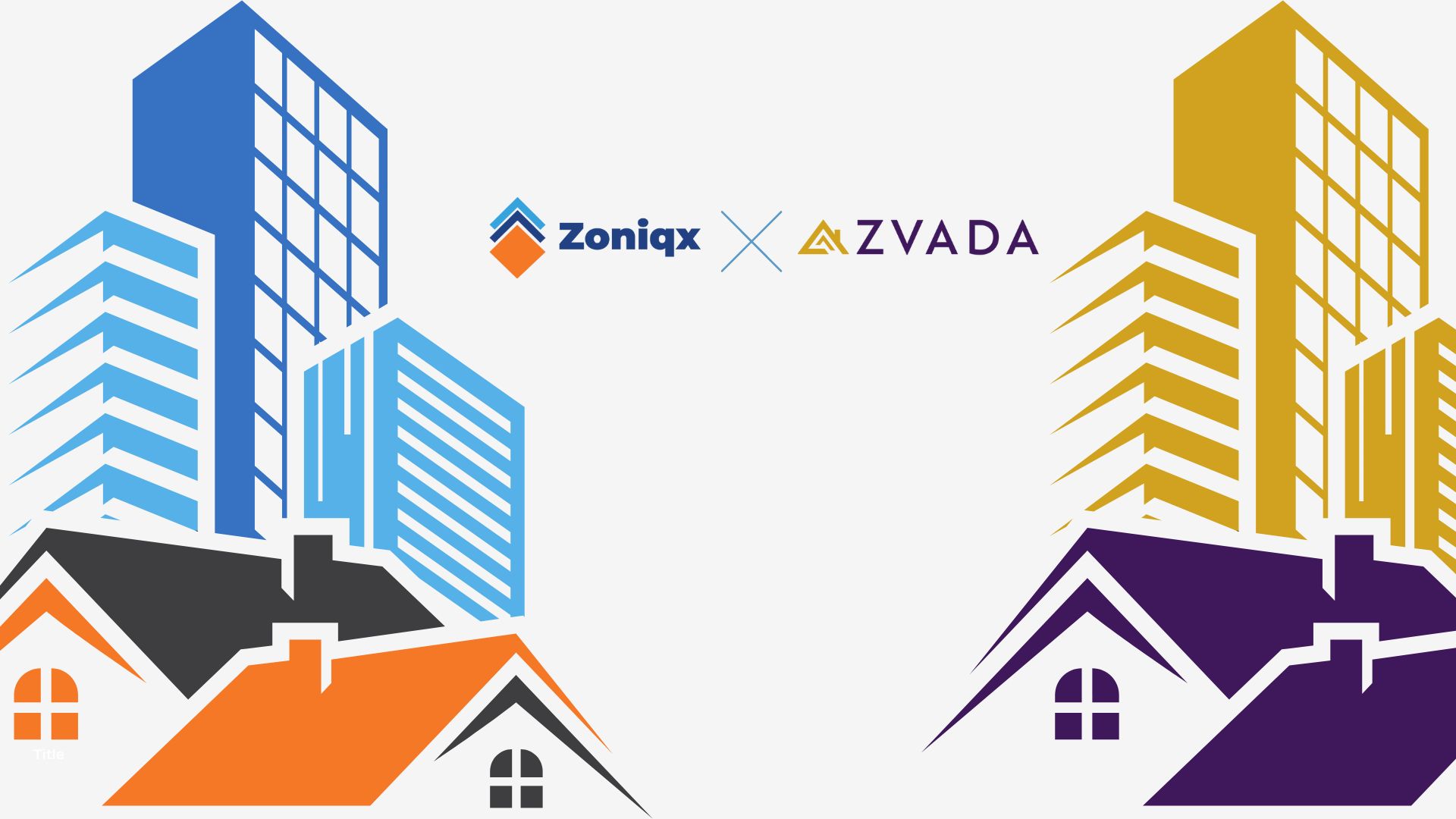Top 10 FAQs on Tokenizing Equity: Your Complete Guide to Digital Securities
The financial landscape is experiencing a revolutionary transformation as blockchain technology meets traditional investment markets. Equity tokenization has emerged as one of the most promising applications of this convergence, offering unprecedented opportunities for both investors and companies. As we navigate this evolving space, understanding the fundamentals of tokenizing equity becomes crucial for anyone looking to participate in the future of digital securities.
1. What is Equity Tokenization?
Equity tokenization is the process of converting traditional company shares into digital tokens on a blockchain network. These tokenized shares represent the same ownership rights and economic benefits as conventional equity but exist as programmable digital assets.
Through blockchain technology, equity tokens enable fractional ownership, allowing investors to purchase portions of shares rather than full shares. This democratizes access to investment opportunities that were previously limited to institutional investors or high-net-worth individuals. Zoniqx specializes in providing the infrastructure and expertise needed to navigate this complex tokenization process effectively.
2. How Does Equity Tokenization Work?
The equity tokenization process begins with establishing the legal framework through a security token offering (STO). Companies create smart contracts that define the terms, conditions, and rights associated with the tokenized shares. These contracts automatically execute predetermined conditions like dividend distributions and voting rights.
Tokens are then minted on a blockchain platform, with each token representing a specific fraction of company equity. The technical infrastructure requires robust security measures, compliance protocols, and integration with existing financial systems.
3. What Are the Benefits for Investors?
Equity tokenization offers enhanced liquidity as tokenized shares can be traded near instantly on global digital exchanges, compared to traditional private equity that may require years to liquidate. Fractional ownership allows investors to diversify portfolios across multiple companies with smaller capital commitments.
Blockchain technology provides immutable transaction records and real-time ownership verification, offering unprecedented transparency. Reduced intermediation costs lead to lower fees and more efficient settlement processes. Additionally, cross-border investment becomes significantly easier as blockchain networks operate globally without traditional geographical restrictions.
4. What Are the Benefits for Companies?
Companies gain access to expanded global investor pools and enhanced capital-raising capabilities through equity tokenization. Reduced issuance costs eliminate many traditional intermediaries, lowering legal fees, underwriting costs, and administrative expenses.
Programmable compliance features built into smart contracts automate regulatory requirements, reducing ongoing administrative burdens. Enhanced investor relations become possible through blockchain's transparency features, allowing real-time updates and automated communications with token holders.
5. What Are the Legal and Regulatory Considerations?
The regulatory landscape remains complex but is evolving rapidly. 2024 witnessed significant developments in US digital asset regulation with landmark legislation providing clearer frameworks. Tokenized equity generally falls under securities regulations, requiring compliance with existing securities laws.
Companies must ensure proper registration or exemption processes, implement KYC and AML procedures, and maintain ongoing reporting requirements. Recent SEC guidance and industry roundtables show increasing regulatory clarity around tokenized assets. Working with experienced platforms that understand the evolving regulatory landscape is crucial for compliance.
6. What Are the Risks and Challenges?
Technology risks include smart contract vulnerabilities, blockchain network failures, and cybersecurity threats. Regulatory uncertainty remains significant as laws continue to evolve, potentially impacting token tradability and legal status.
Market liquidity may be limited compared to public equity markets. Custody challenges require careful digital wallet management, as losing access could result in permanent investment loss. Valuation difficulties can arise with tokenized private equity due to limited active trading markets and historical data.
7. What Are the Costs of Tokenizing Equity?
Initial setup costs include legal structuring, smart contract development, compliance implementation, and platform integration fees. Legal and regulatory costs often represent the largest expense, ranging from tens of thousands to hundreds of thousands of dollars depending on jurisdiction and complexity.
Technology development costs cover smart contract auditing, blockchain deployment, and platform integration. Companies working with established providers like Zoniqx can reduce costs through proven infrastructure. Ongoing operational costs include compliance monitoring and platform maintenance, often lower than traditional equity management due to automation.
8. How Can Investors Access Equity Tokens?
Investors must first ensure they meet accreditation requirements, as many tokenized equity offerings are restricted to accredited investors. The process begins with registering on specialized digital securities platforms that implement necessary KYC and AML procedures.
Investors need compatible digital wallets capable of storing security tokens. Due diligence processes mirror traditional investments but require additional technical understanding of token structure, smart contract security, and platform reliability. Several established platforms now facilitate equity token investments with varying degrees of liquidity and options.
9. What Are Real-World Examples and Use Cases?
BlackRock launched its inaugural tokenized fund, BUIDL, on Ethereum in March 2024, rapidly becoming the world's largest tokenized fund. Tokenized money market funds hit $7 billion in the US by June 2025, demonstrating substantial market adoption.
Real estate tokenization has emerged as a popular use case, allowing fractional ownership in commercial and residential properties. Technology companies embrace equity tokenization for fundraising, particularly in startup ecosystems. Private equity funds are exploring tokenization to improve liquidity and expand investor bases.
10. What Does the Future Hold for Equity Tokenization?
The future outlook appears increasingly promising as regulatory clarity improves and technology matures. Market predictions suggest continued growth with institutional investors playing larger roles. Technological advances will address current limitations around scalability and user experience.
Integration with traditional financial systems will accelerate, making tokenized equity more accessible. Cross-border investment flows may increase significantly as blockchain reduces geographical barriers. Secondary market development will improve liquidity and price discovery, making these investments more attractive to broader investor ranges.
Conclusion
Equity tokenization represents a fundamental shift in how we think about ownership, investment, and capital markets. The technology offers compelling benefits for both investors and companies while presenting unique challenges that require careful consideration.
Success in the tokenized equity space requires navigating complex regulatory frameworks, understanding technology risks, and working with experienced partners who can guide the process from conception to implementation. Early adopters who understand the technology, regulations, and market dynamics will be best positioned to capitalize on the opportunities this revolutionary approach to equity ownership presents.
Ready to Explore Equity Tokenization?
Transform your investment strategy or company's capital structure with cutting-edge blockchain technology.
Get in touch with Zoniqx today to discover how equity tokenization can unlock new possibilities for your financial future. Visit www.zoniqx.com to schedule a consultation with our tokenization experts and take the first step toward the future of digital securities.
About Zoniqx
Zoniqx (pronounced "Zoh-nicks") is a global fintech leader headquartered in Silicon Valley, specializing in converting real-world assets into security tokens. Through its suite of innovations including zProtocol (DyCIST/ ERC-7518), zCompliance, zConnect, zPayRails, and zIdentity, Zoniqx is powering the future of finance, enabling global liquidity, compliance automation, and Web3 integration.
It offers an interoperable, compliant infrastructure for the RWA tokenization market, enabling global liquidity and DeFi integration through its end-to-end ecosystem of SDKs and APIs. Zoniqx pioneers on-chain, fully automated RWA deployment on public, private, and hybrid chains. For more information, visit www.zoniqx.com.
To explore how Zoniqx can assist your organization in unlocking the potential of tokenized assets or to discuss potential partnerships and collaborations, visit www.zoniqx.com/contact.
Disclaimer
This article is for informational purposes only and does not constitute legal, financial, or regulatory advice. References to SEC are based on public statements and do not imply endorsement or legal interpretation. Readers are encouraged to consult with legal or regulatory professionals before engaging in asset tokenization. Zoniqx operates in full compliance with applicable laws and supports regulatory clarity in the tokenization ecosystem.
References
- McKinsey & Company. "From ripples to waves: The transformational power of tokenizing assets." June 2024. https://www.mckinsey.com/industries/financial-services/our-insights/from-ripples-to-waves-the-transformational-power-of-tokenizing-assets
- World Economic Forum. "How tokenization is transforming finance and investment." December 2024. https://www.weforum.org/stories/2024/12/tokenization-blockchain-assets-finance/
- Investax. "2024: The Year of Institutional Real World Asset Tokenization." https://www.investax.io/blog/2024-real-world-asset-tokenization-market-recap
- SEC.gov. "Enchanting, but Not Magical: A Statement on the Tokenization of Securities." July 2025. https://www.sec.gov/newsroom/speeches-statements/peirce-statement-tokenized-securities-070925
- Morgan Lewis. "SEC Roundtable on Tokenization: Technology Meets Regulation in the Evolution of Capital Markets." May 2025. https://www.morganlewis.com/pubs/2025/05/sec-roundtable-on-tokenization-technology-meets-regulation-in-the-evolution-of-capital-markets
- Skadden. "Working Through the Riddles of Tokenized Securities." April 2025. https://www.skadden.com/insights/publications/2025/04/working-through-the-riddles-of-tokenized-securities-client-alert
- Antier Solutions. "Asset Tokenization Regulations in the US." March 2025. https://www.antiersolutions.com/blogs/decoding-the-legal-landscape-asset-tokenization-regulations-in-the-us/
- PWC. "Tokenization in financial services: Delivering value and transformation." https://www.pwc.com/us/en/tech-effect/emerging-tech/tokenization-in-financial-services.html
- Banque de France. “Tokenised money market funds: what are the implications for financial stability?” July 2025. https://www.banque-france.fr/en/news/tokenised-money-market-funds-what-are-implications-financial-stability
.jpg)


